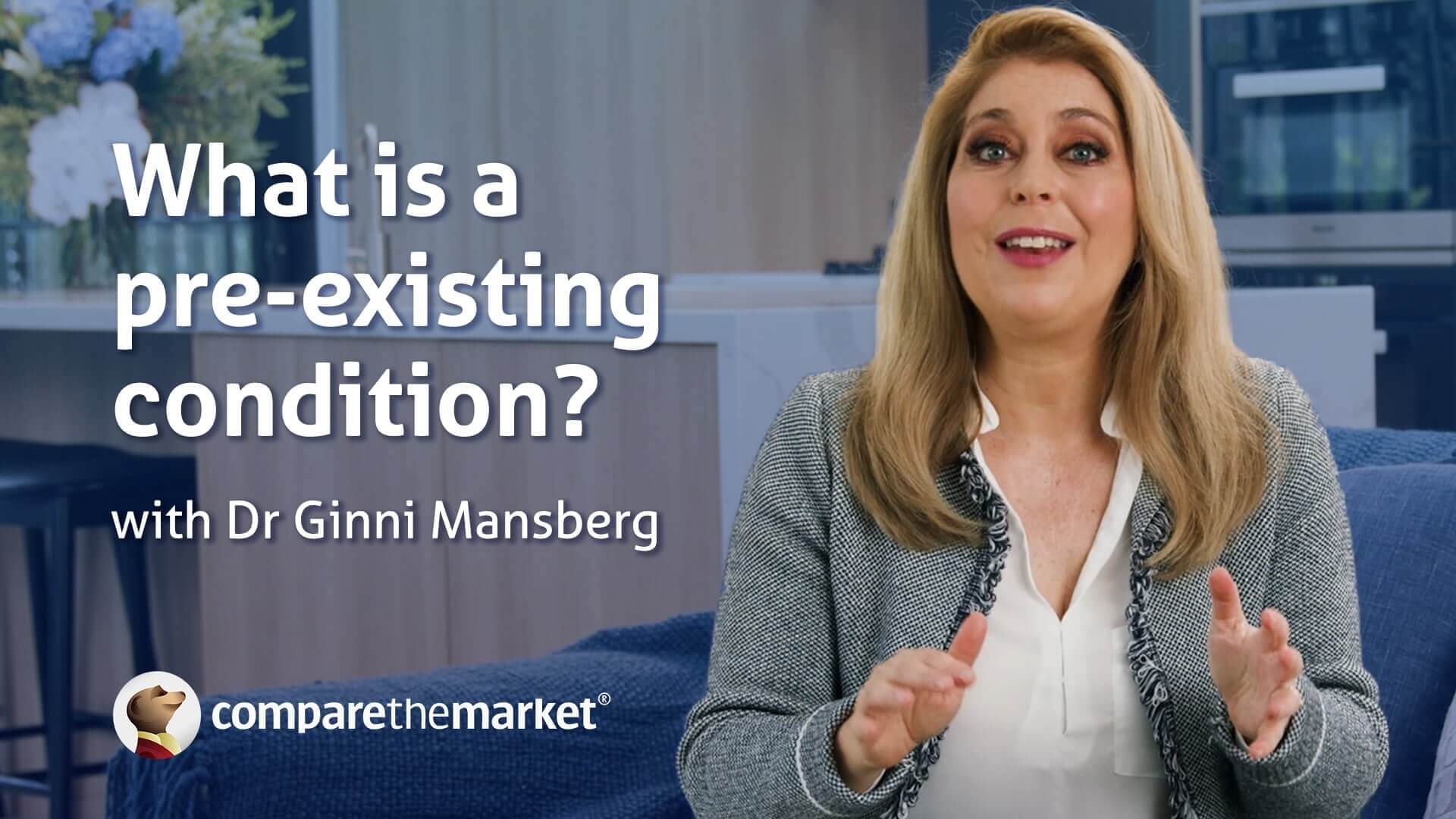A pre-existing condition is a medical issue that you had before you joined a health fund or upgraded to a higher level of cover. It’s defined as any illness, ailment or condition that, in the opinion of a health fund’s appointed health professional, showed associated signs or symptoms in the six months prior to purchasing a new policy.
Essentially, conditions don’t need to be diagnosed beforehand to be considered pre-existing. You may not have even been aware of the condition, but if it was there before purchasing your private health insurance policy, it may be classified as pre-existing.
However, to be considered pre-existing, signs or symptoms of the condition should have been reasonably evident to you or a medical practitioner (had you been examined in the prior six months).
Your health fund can determine whether your condition is pre-existing by appointing a medical practitioner to examine you. Your health fund is also required to consider information provided by your treating doctor. For example, they may ask you to provide a medical report by your doctor from when you were first assessed for your pre-existing condition.






